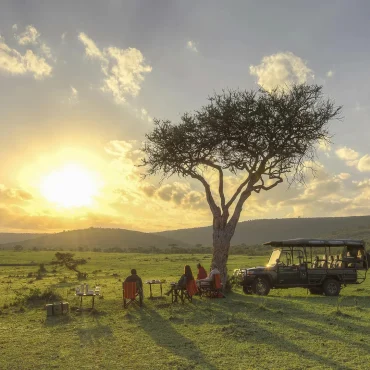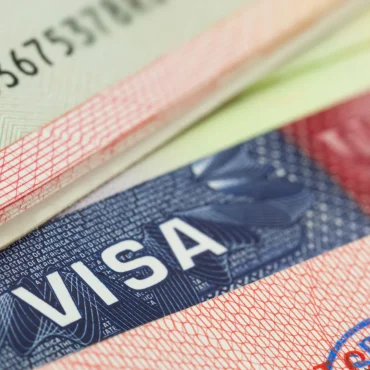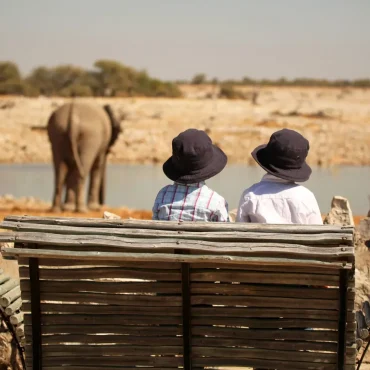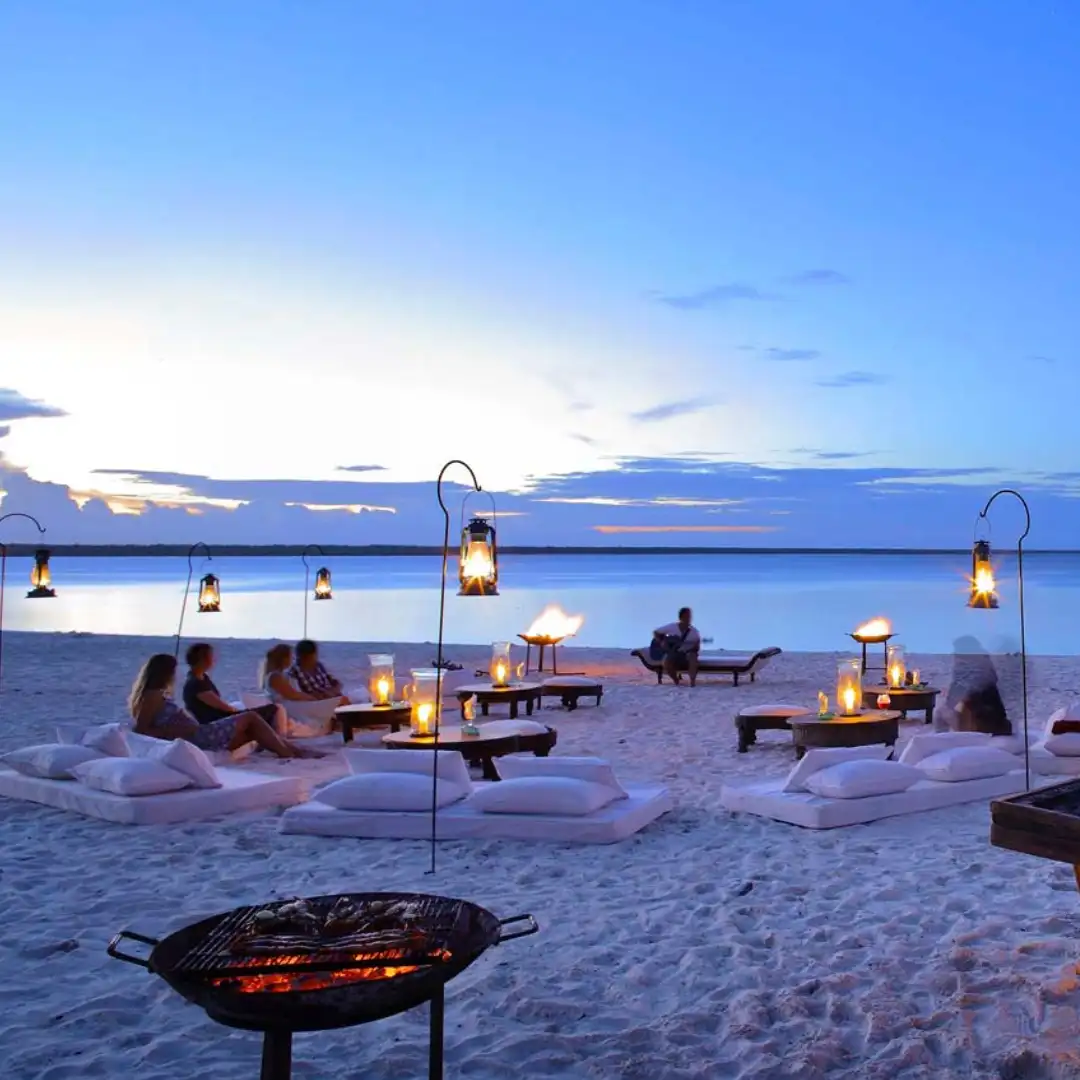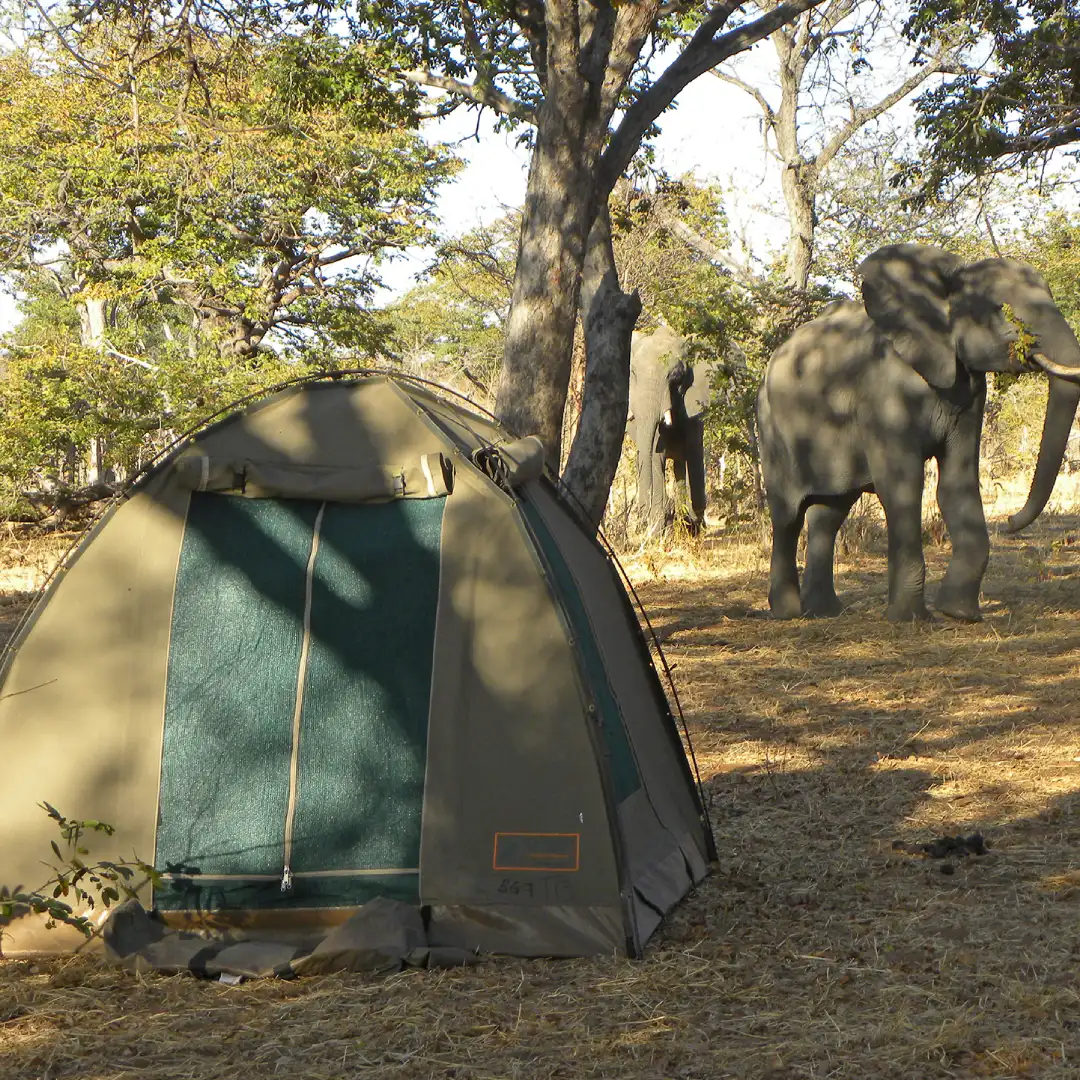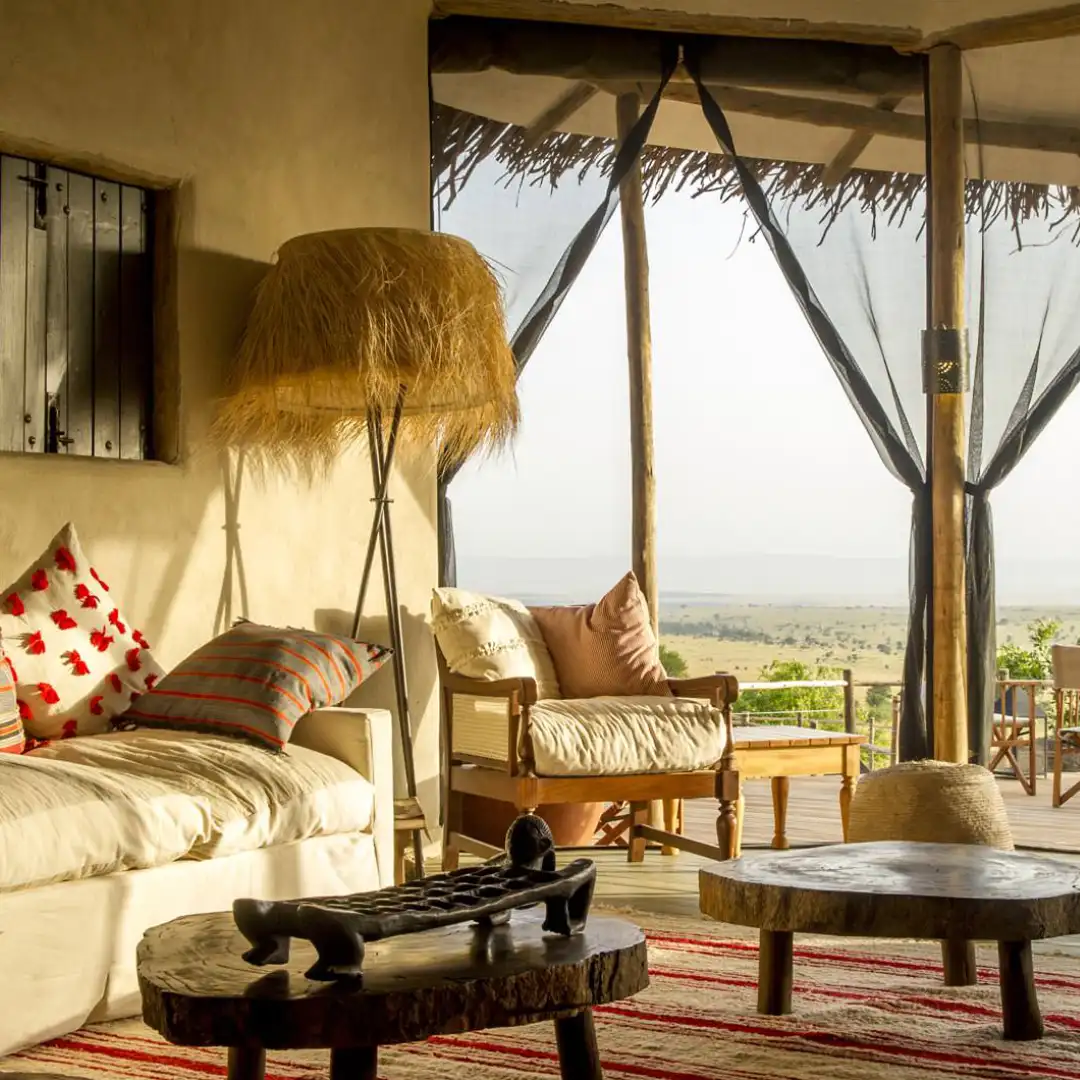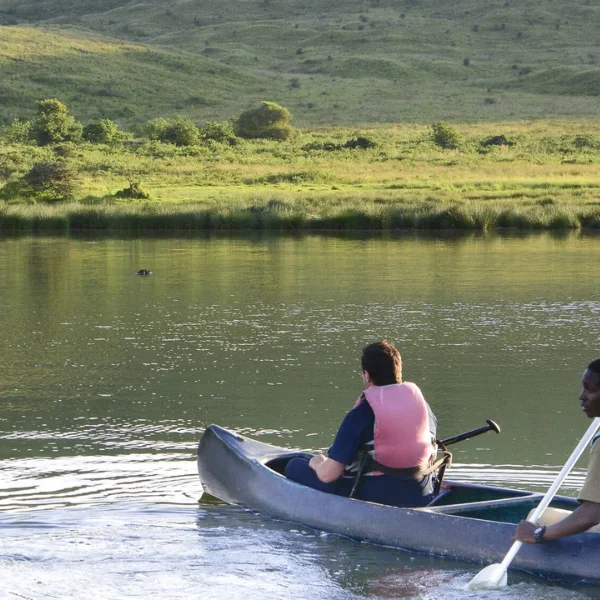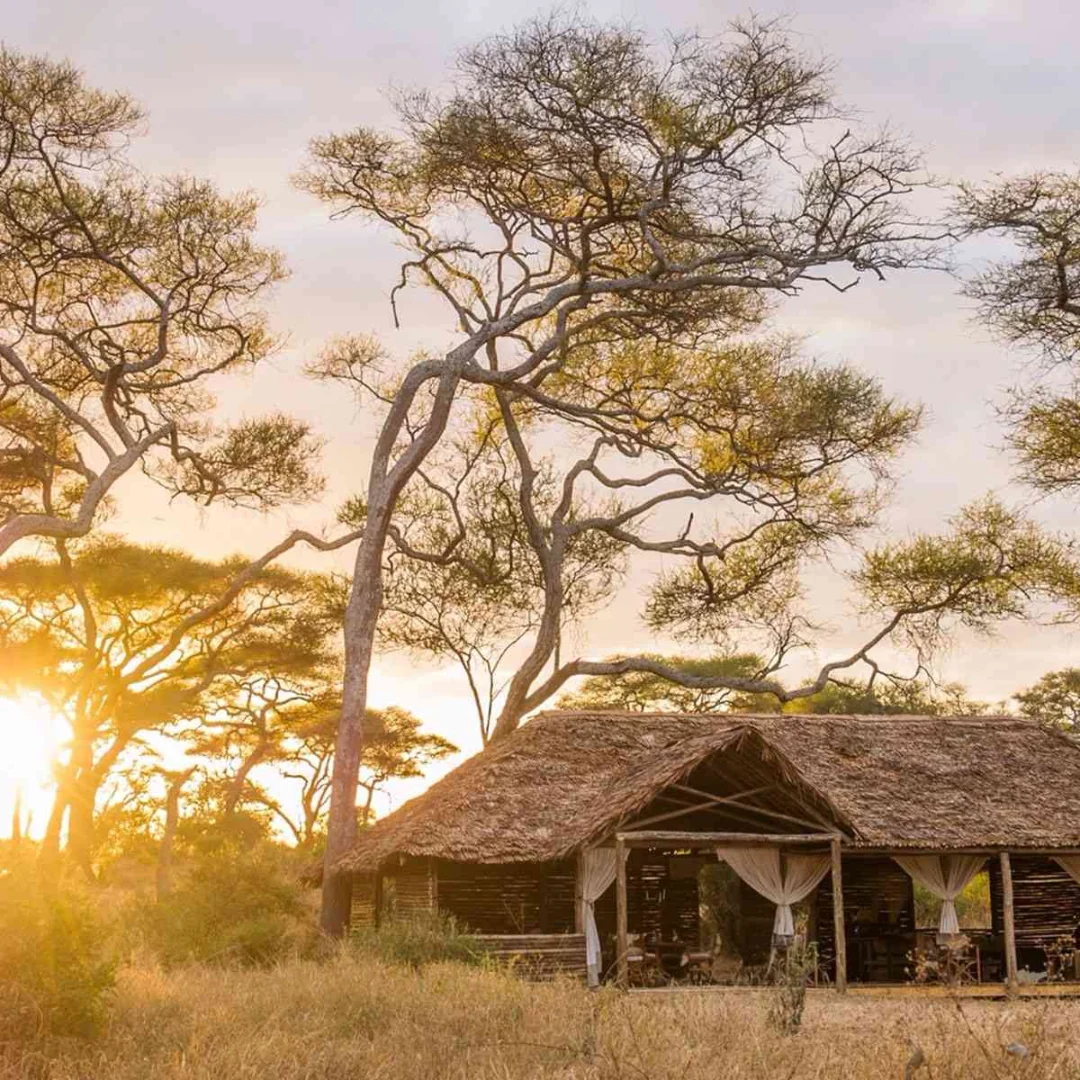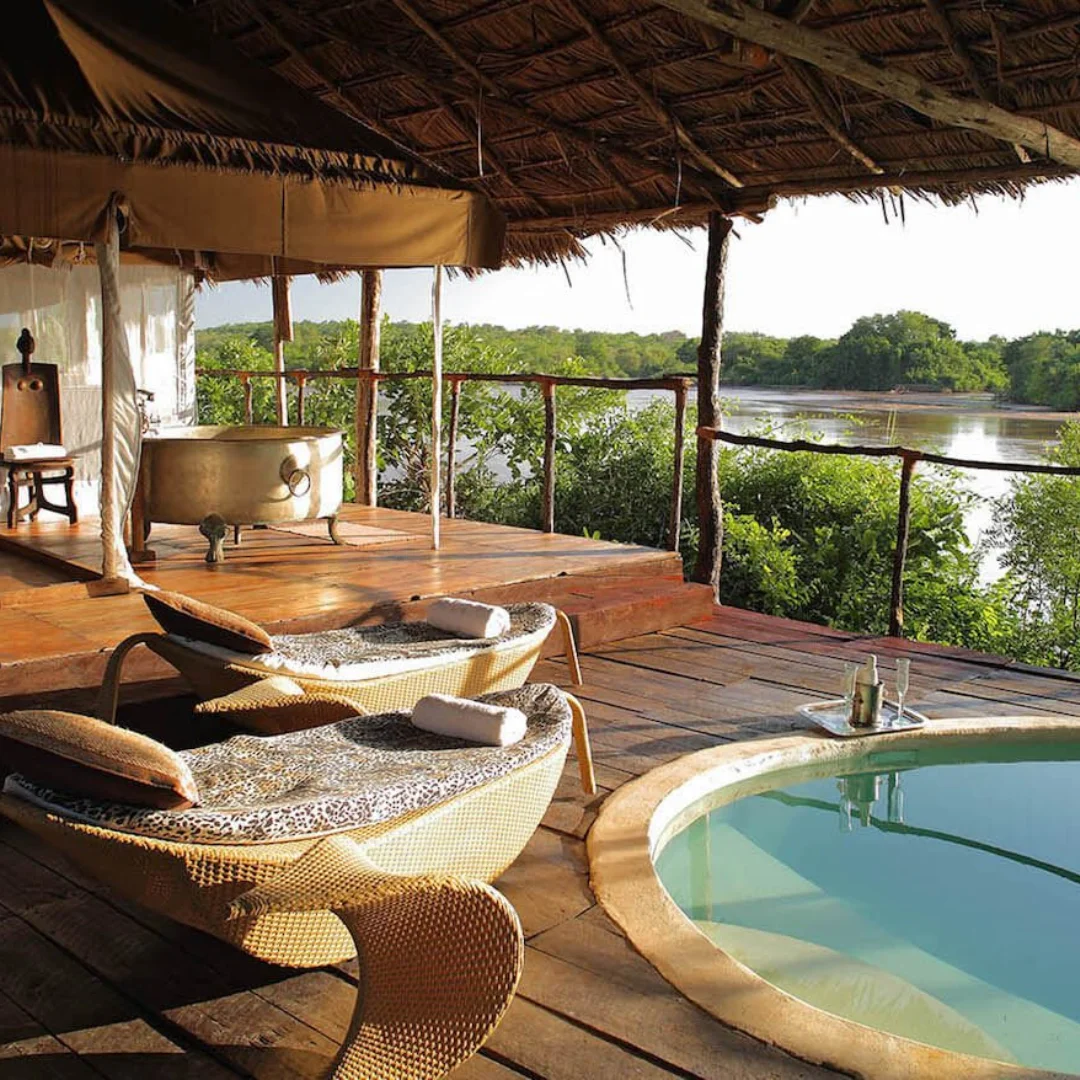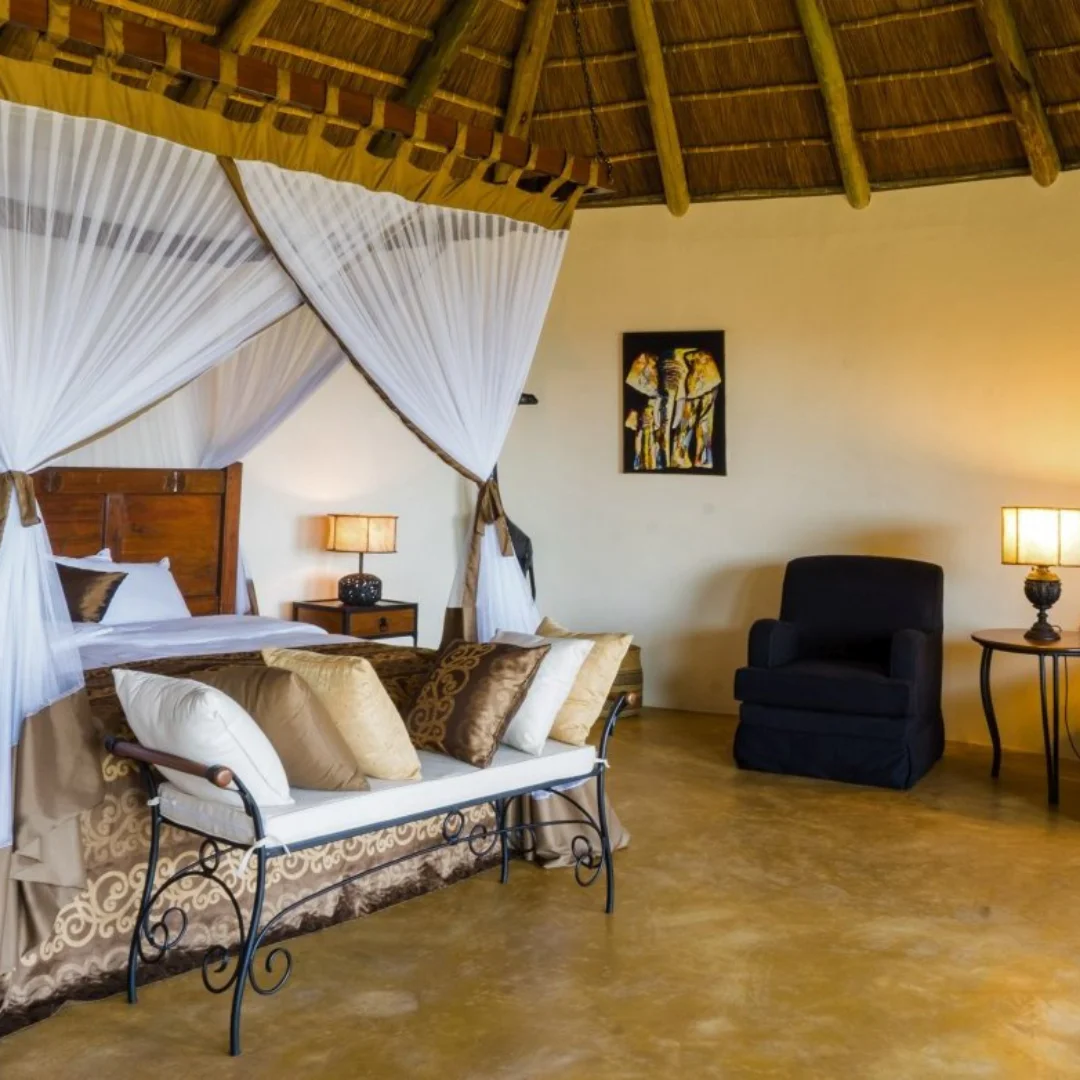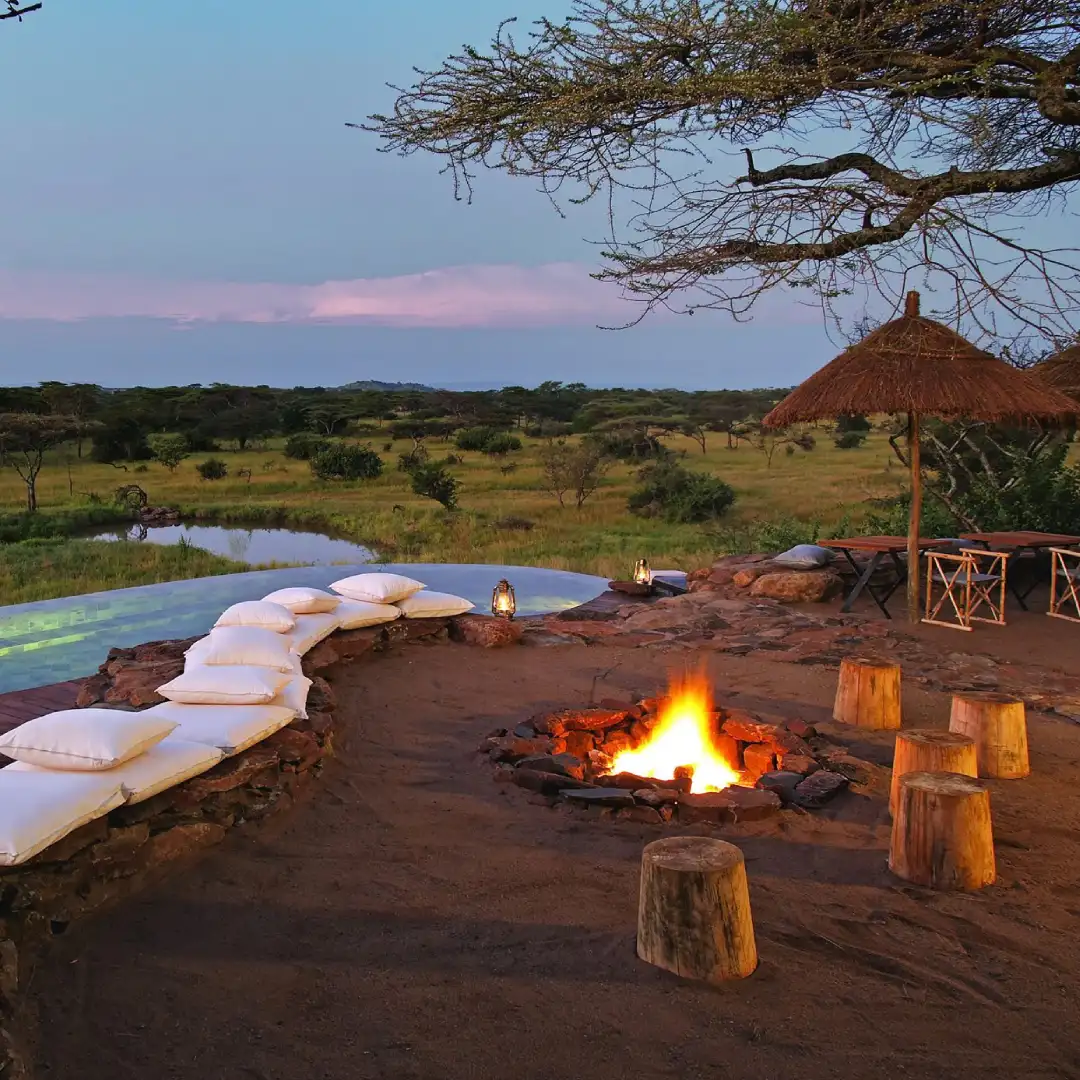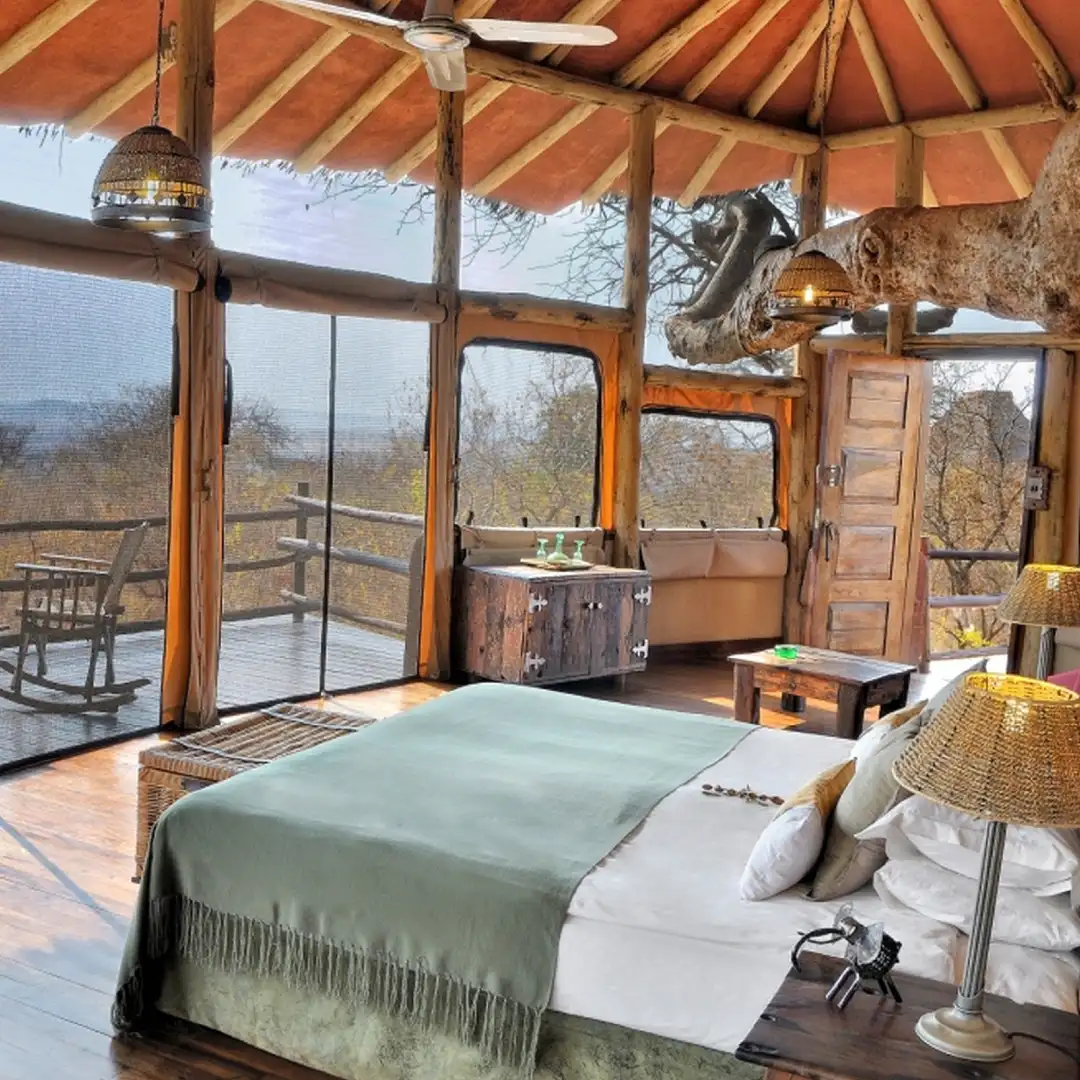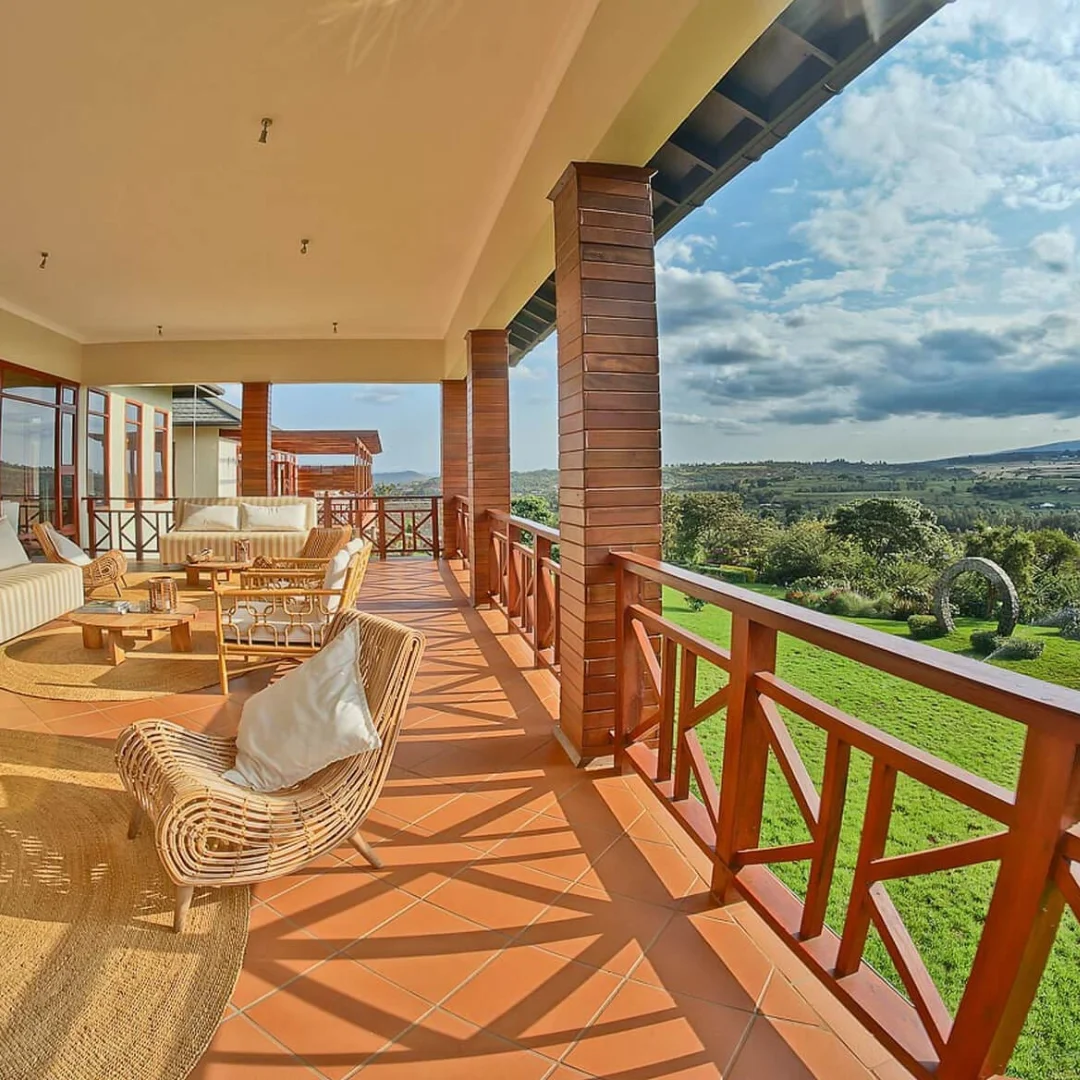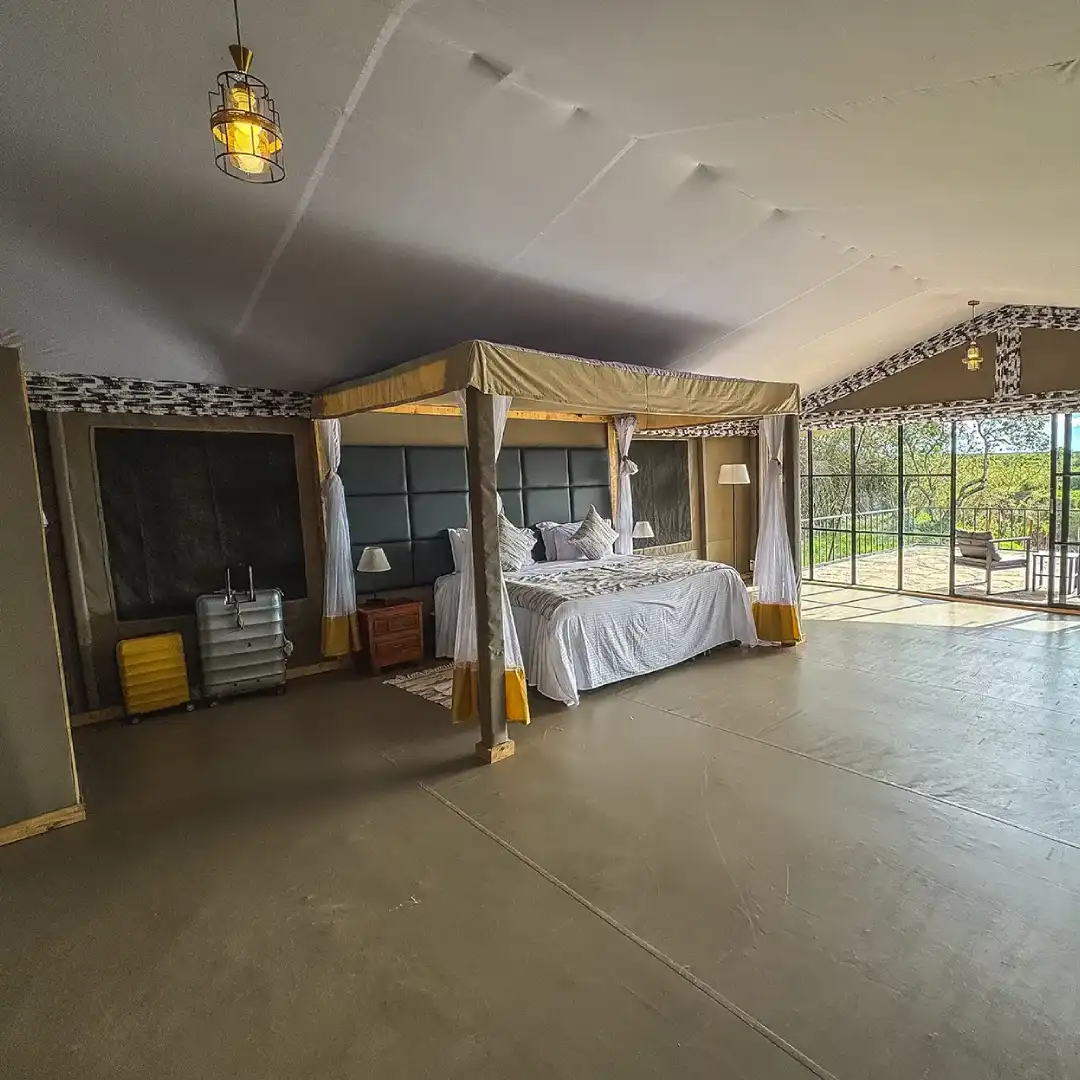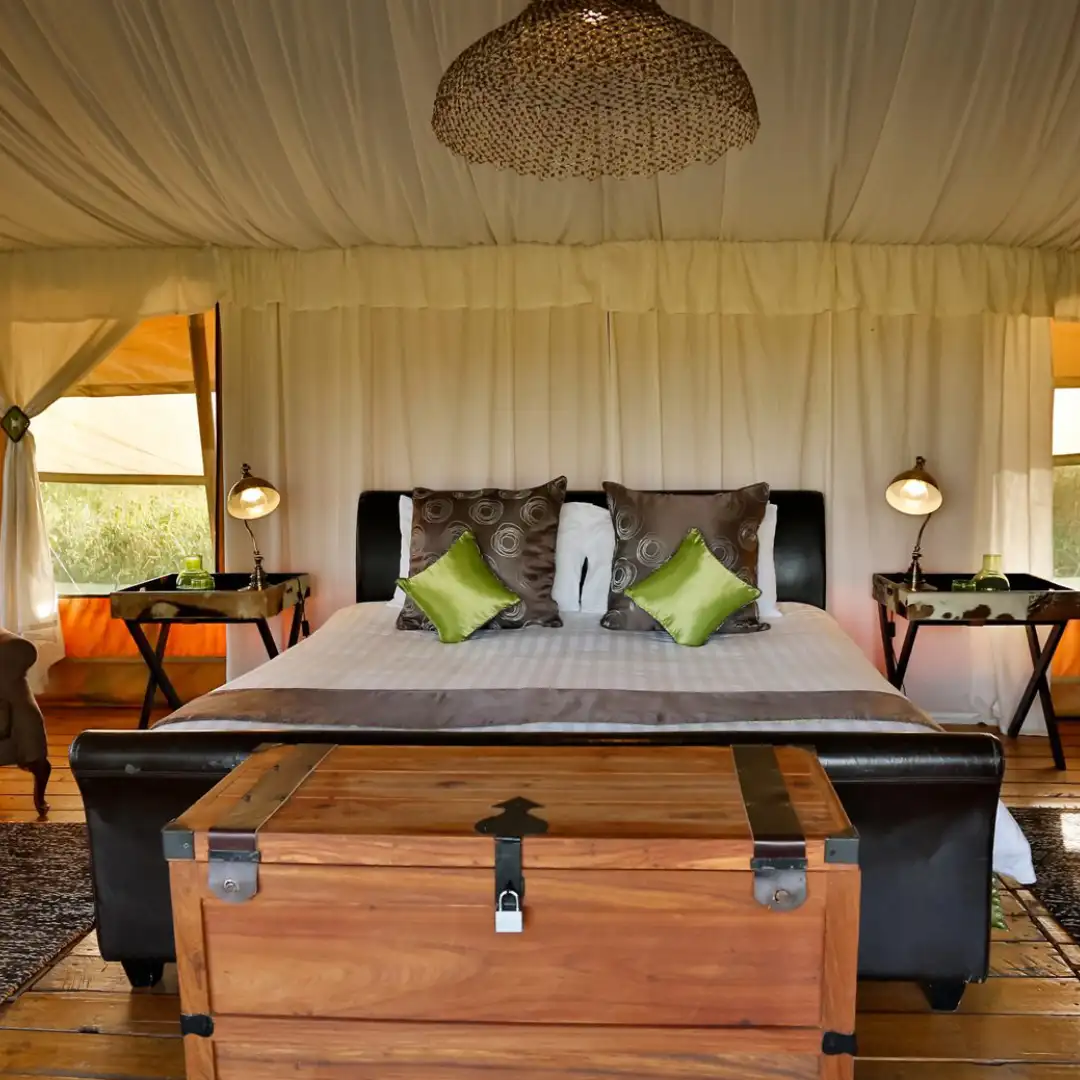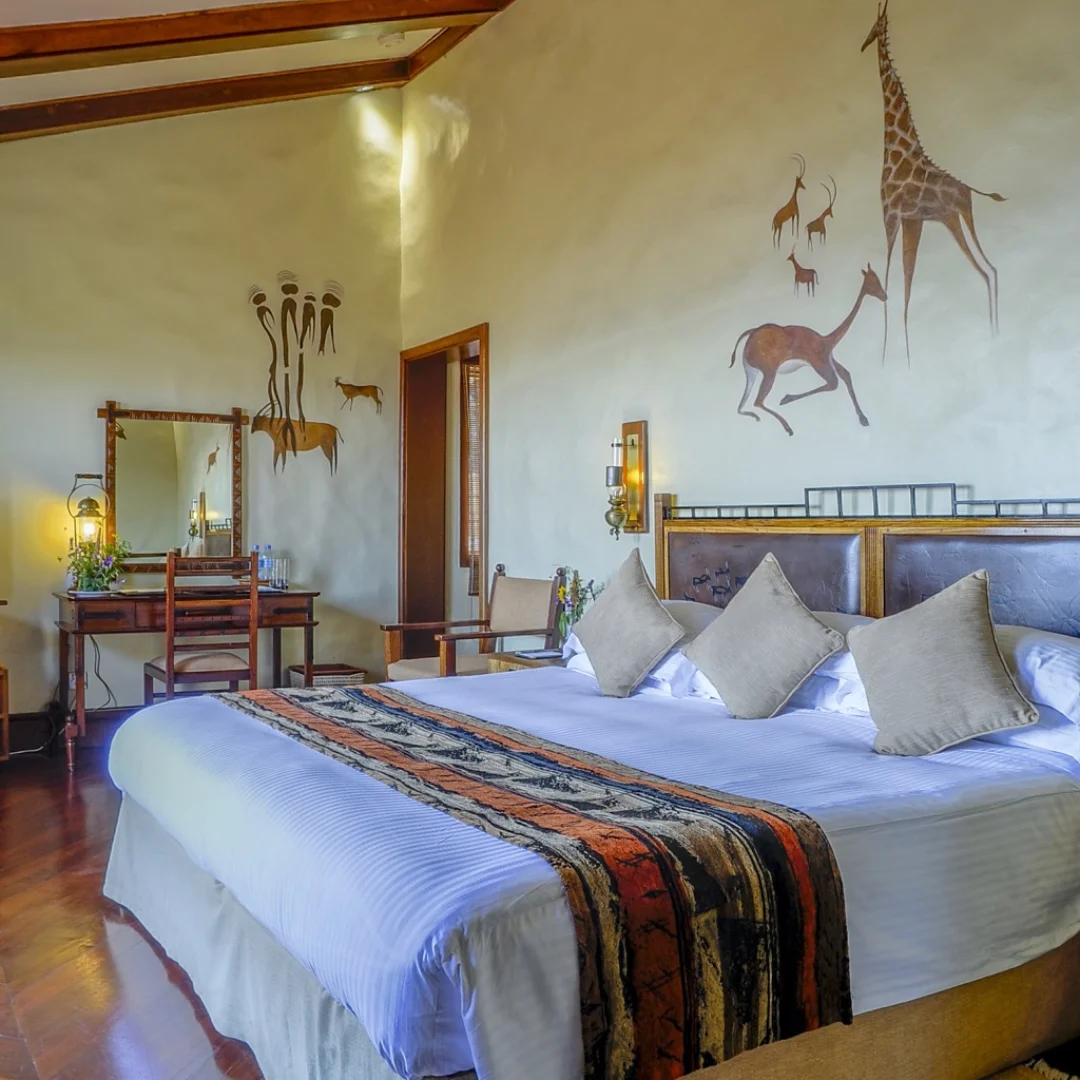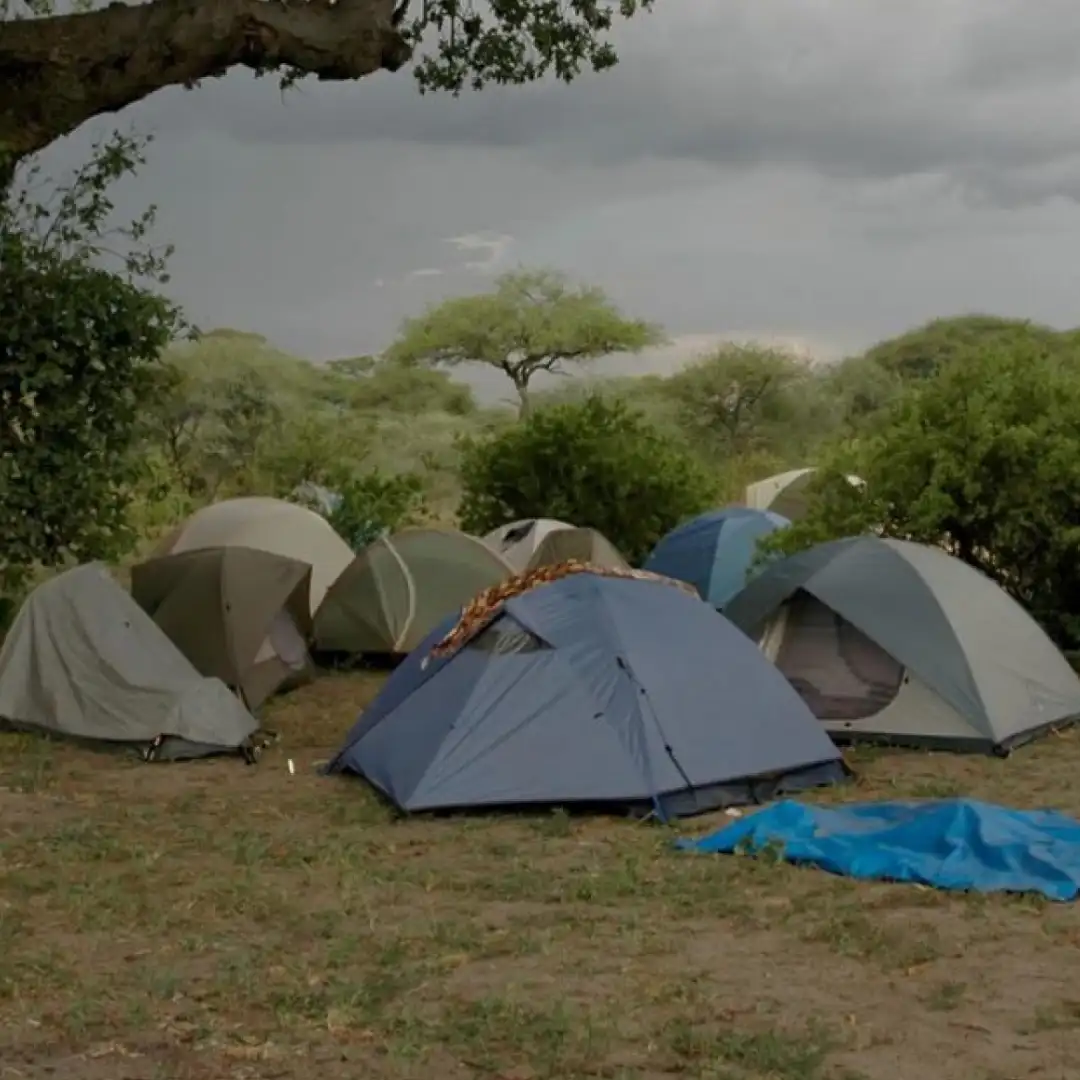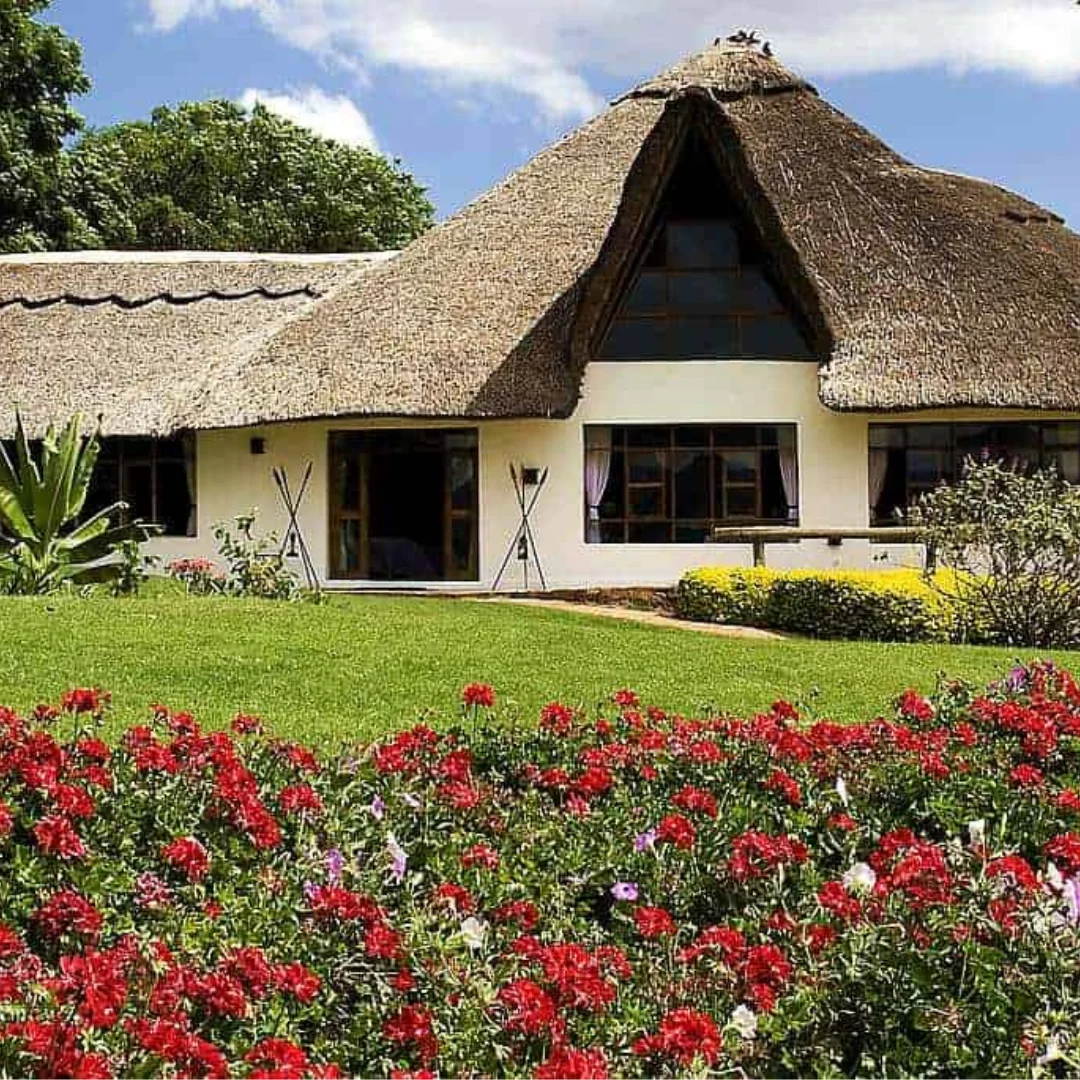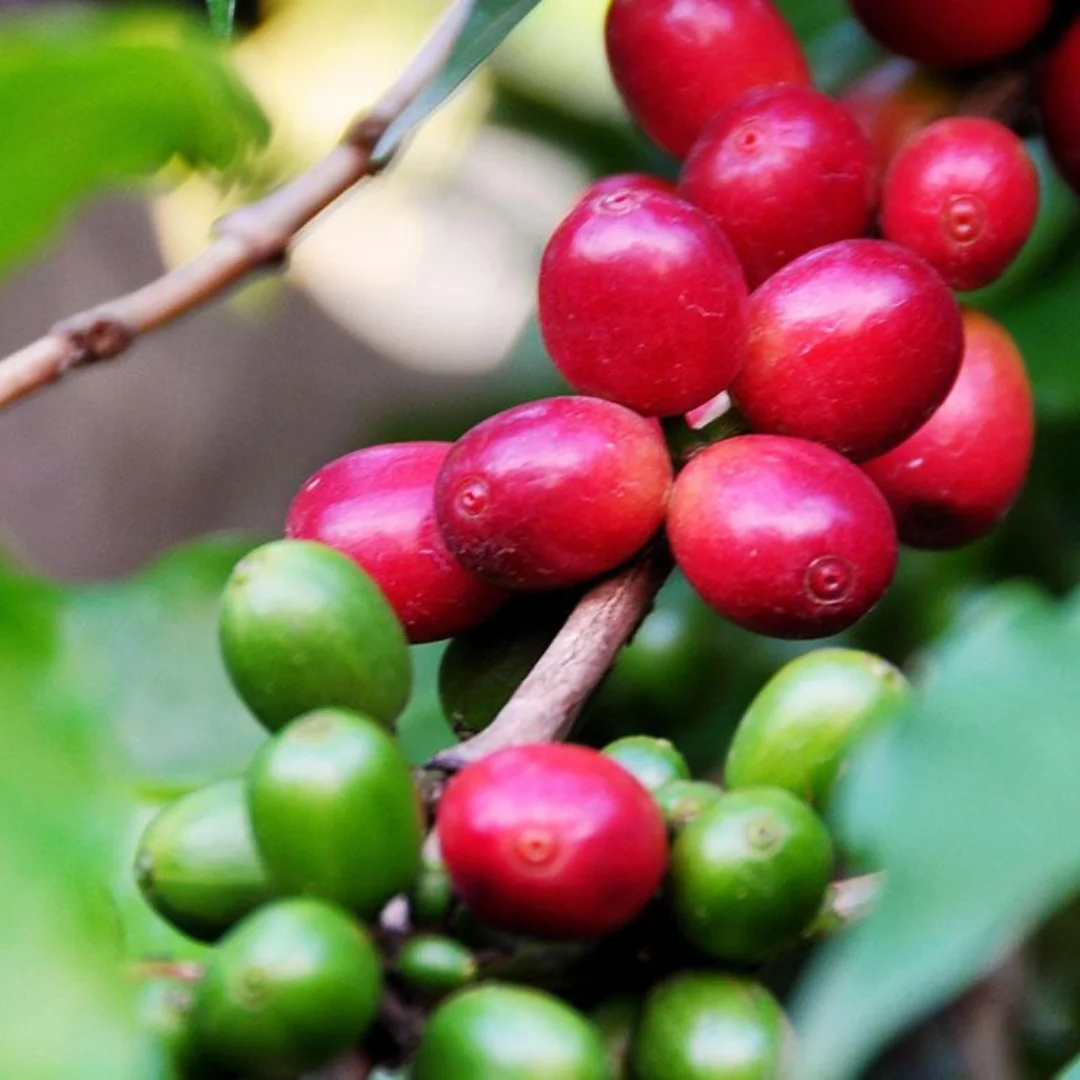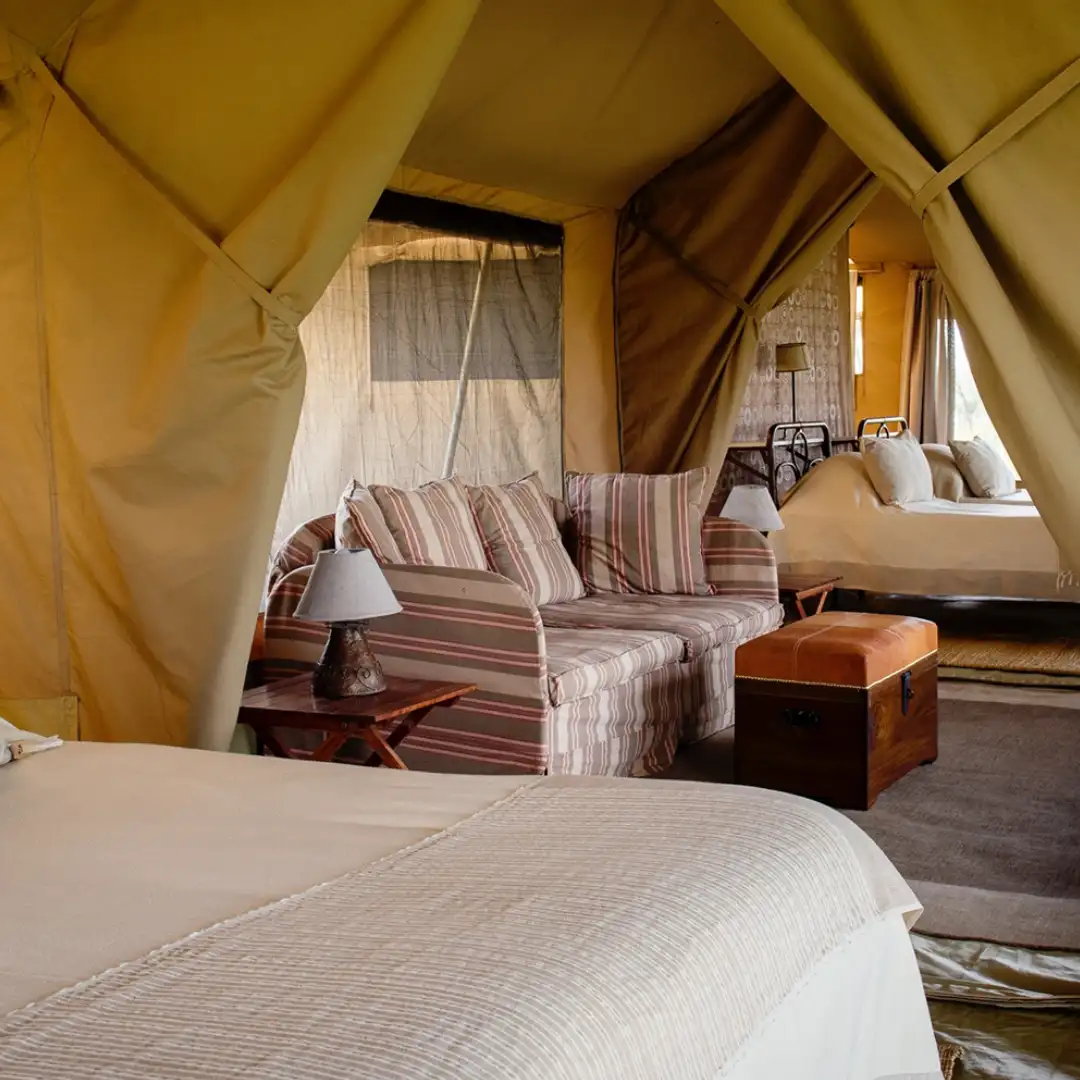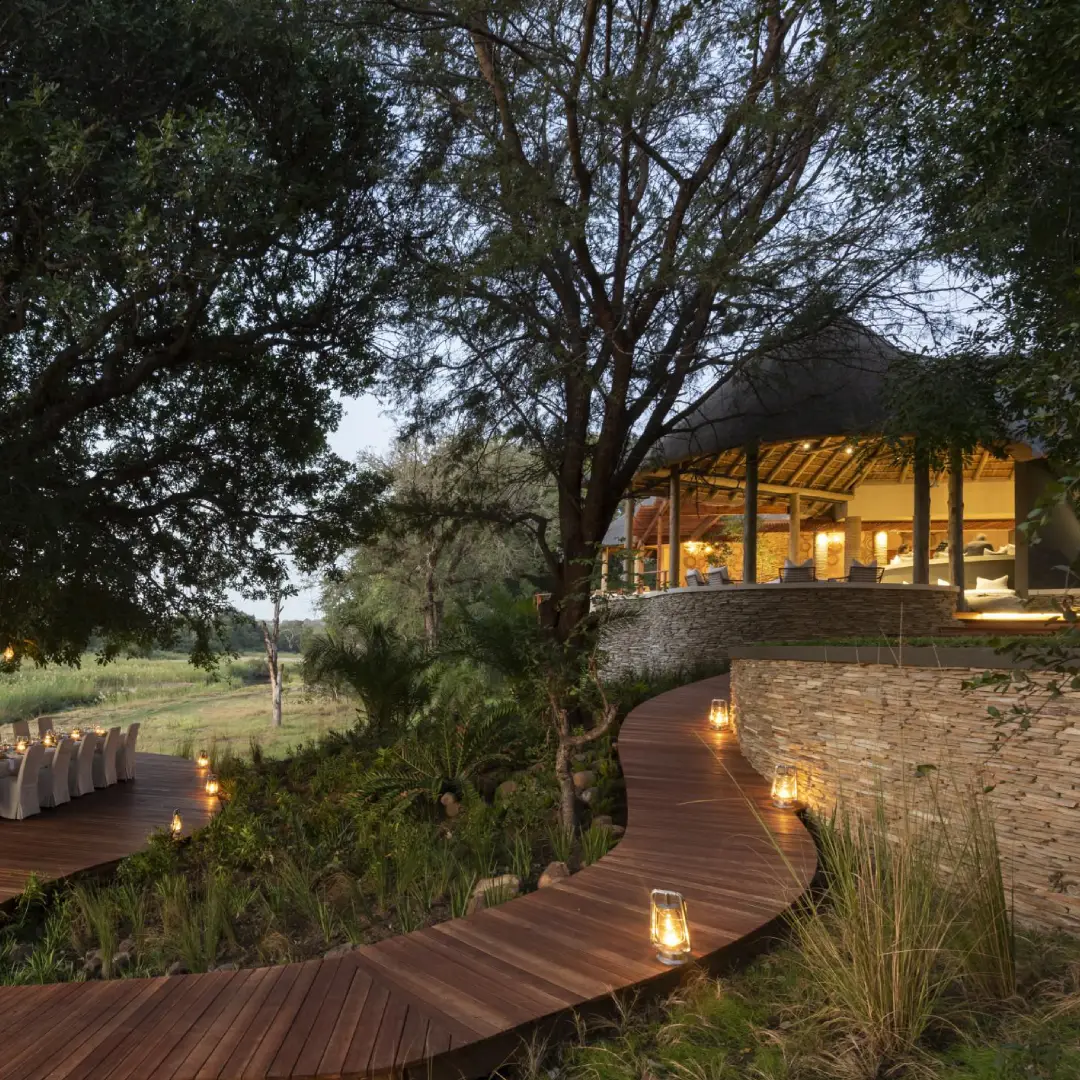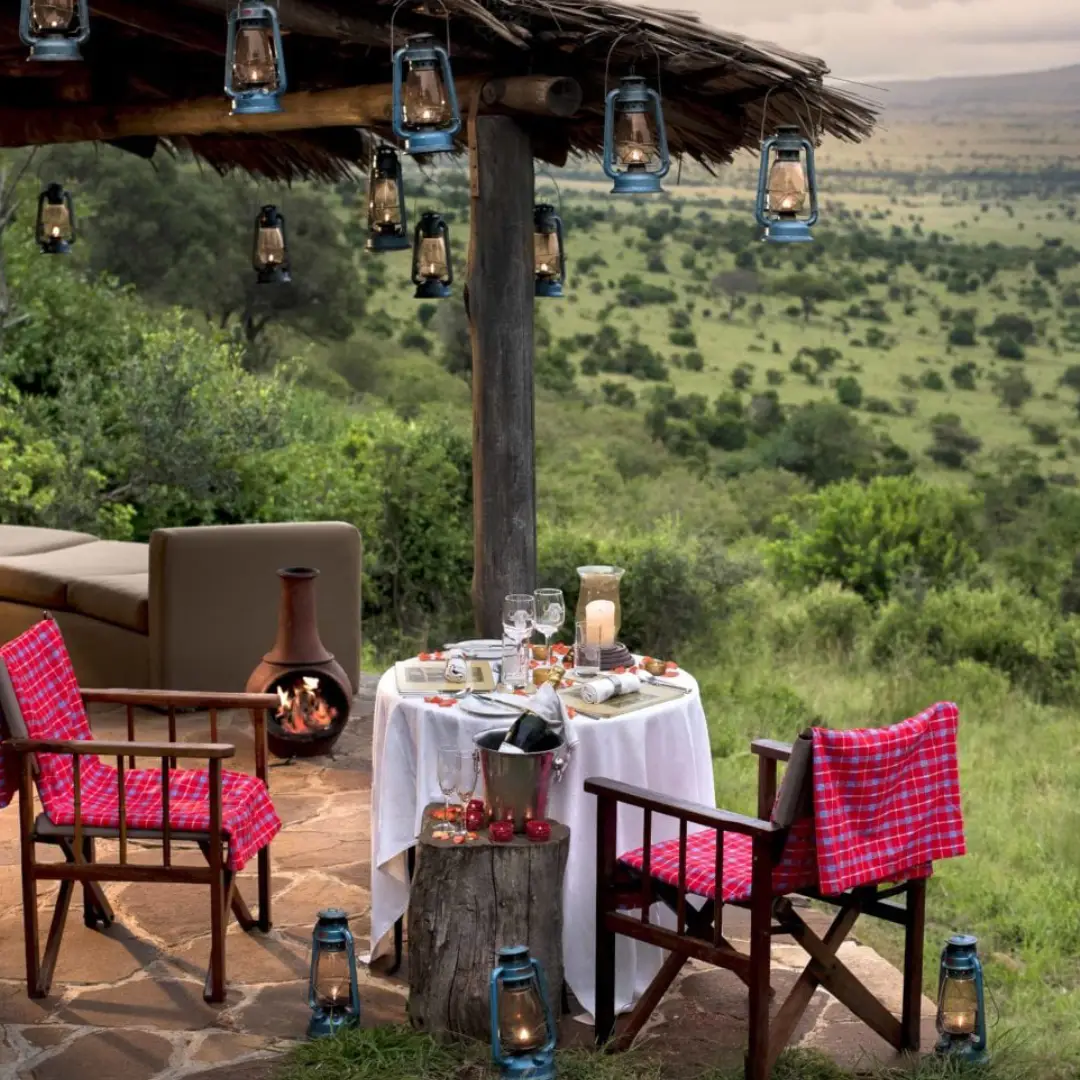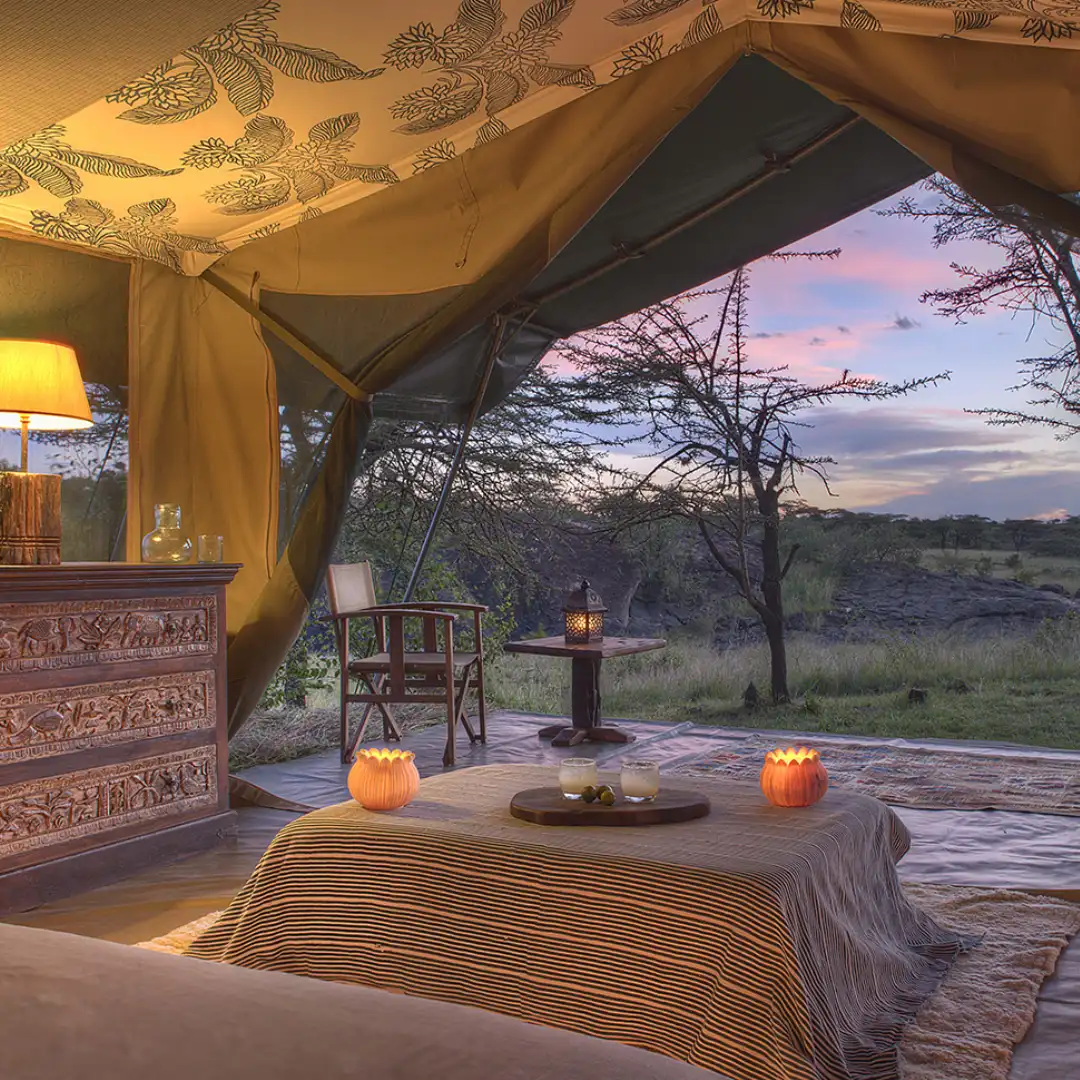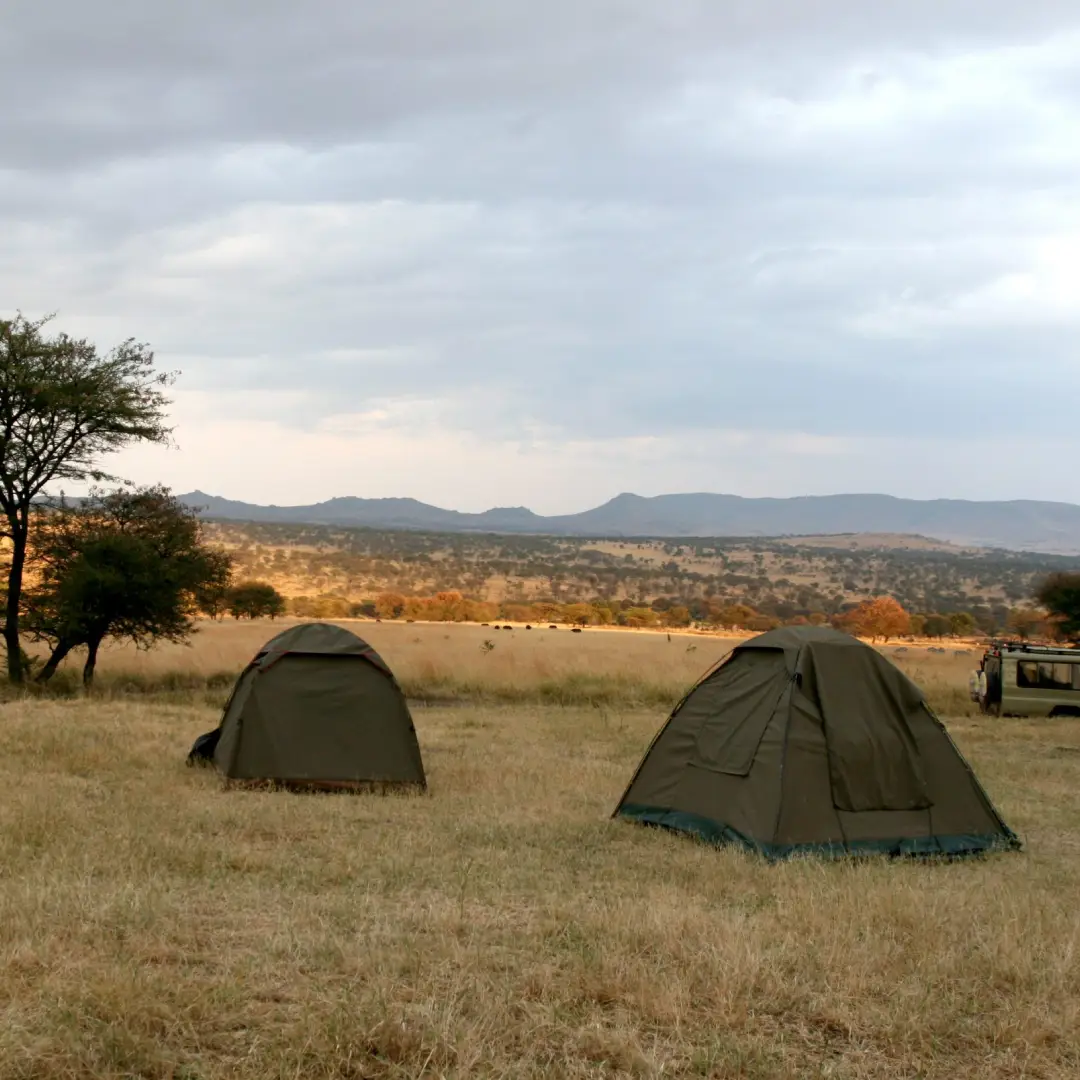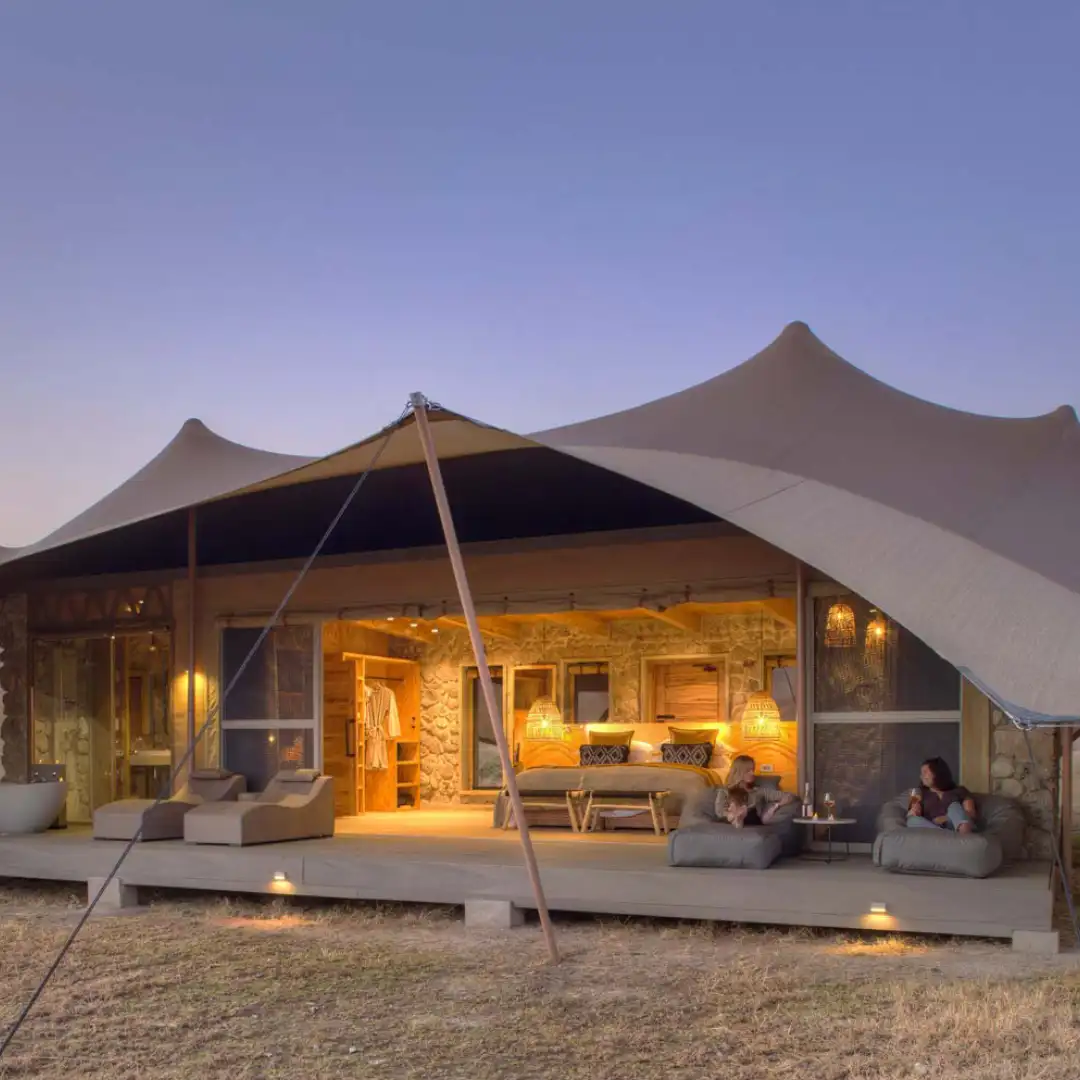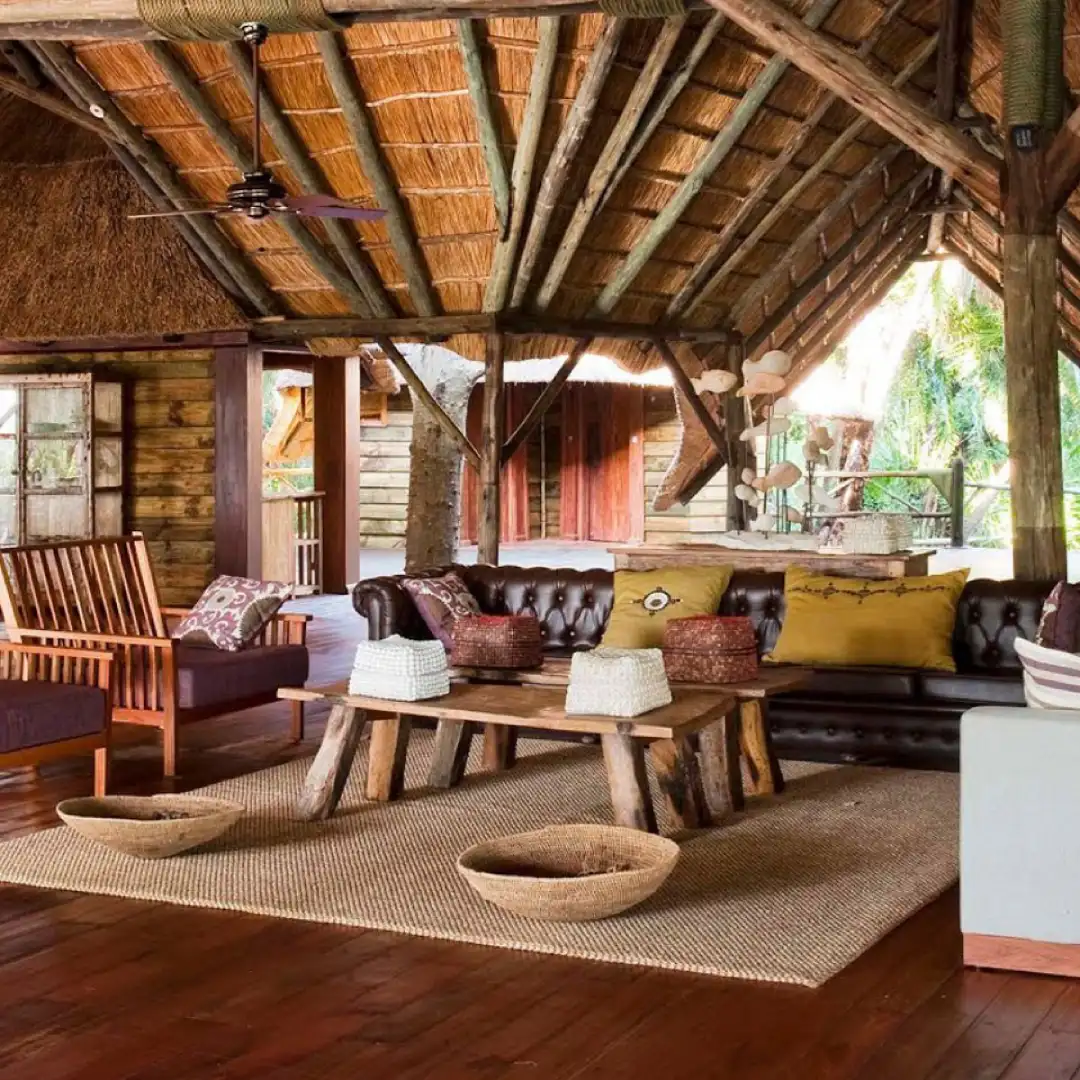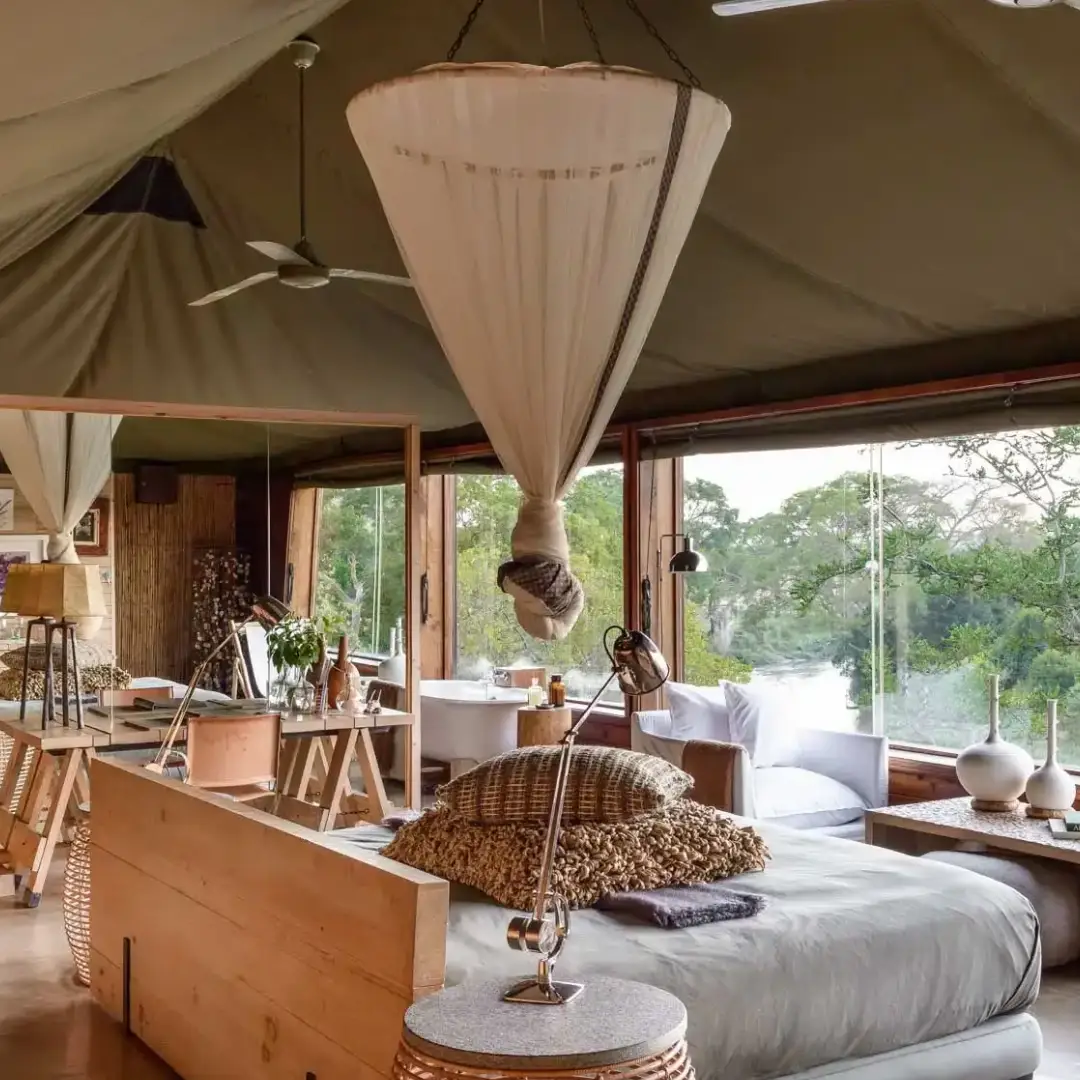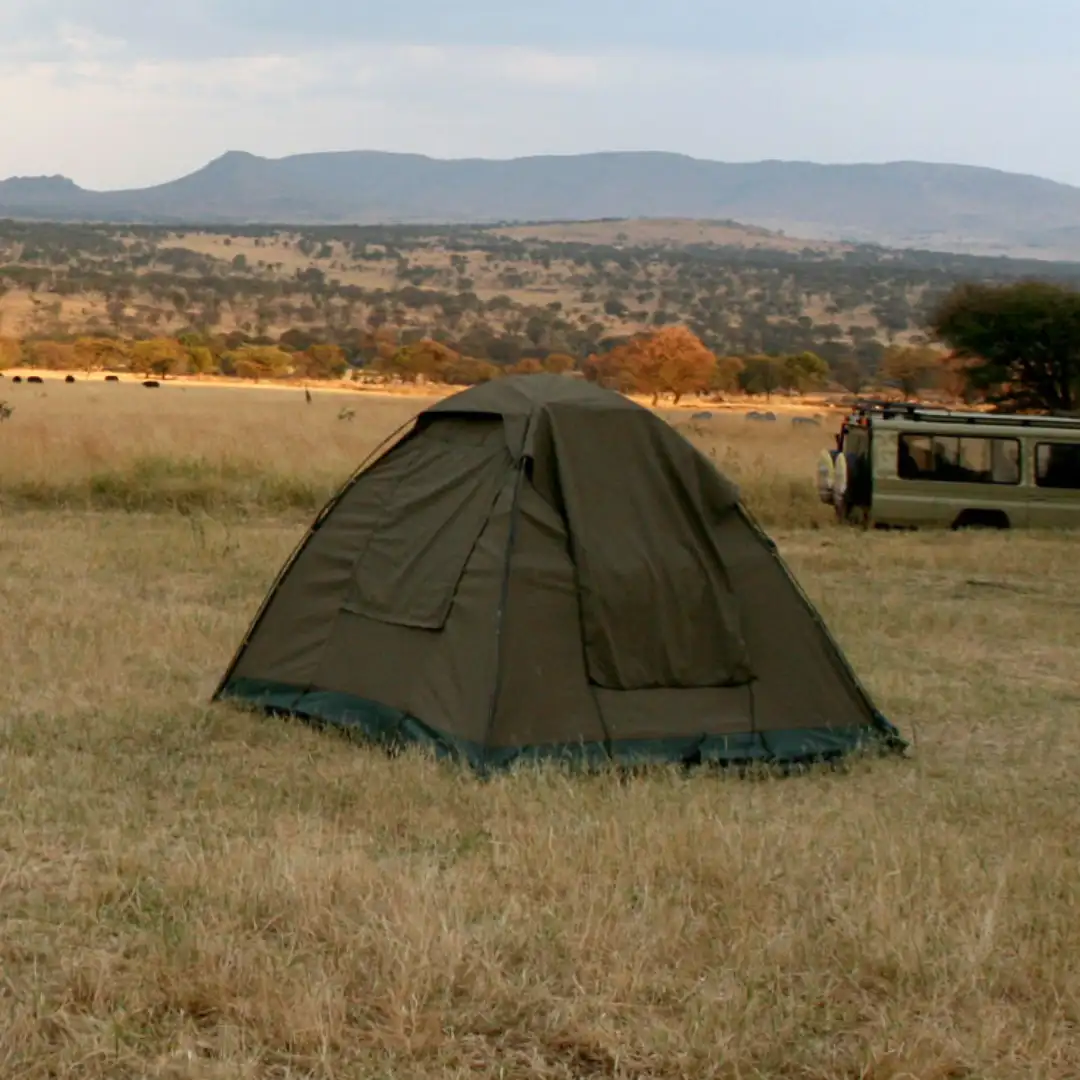Average Costs of a Tanzania Safari
Going on a Tanzania Safari gives ample opportunity to experience the wild adventure but it definitely comes with its own price tag.
On average, a budget safari costs about $200 per person per day, while mid-range options average around $325, and Luxury Safaris in Tanzania experiences can exceed $500 daily.
Understanding these costs can help you plan effectively for your once-in-a-lifetime journey through Tanzania’s stunning landscapes.
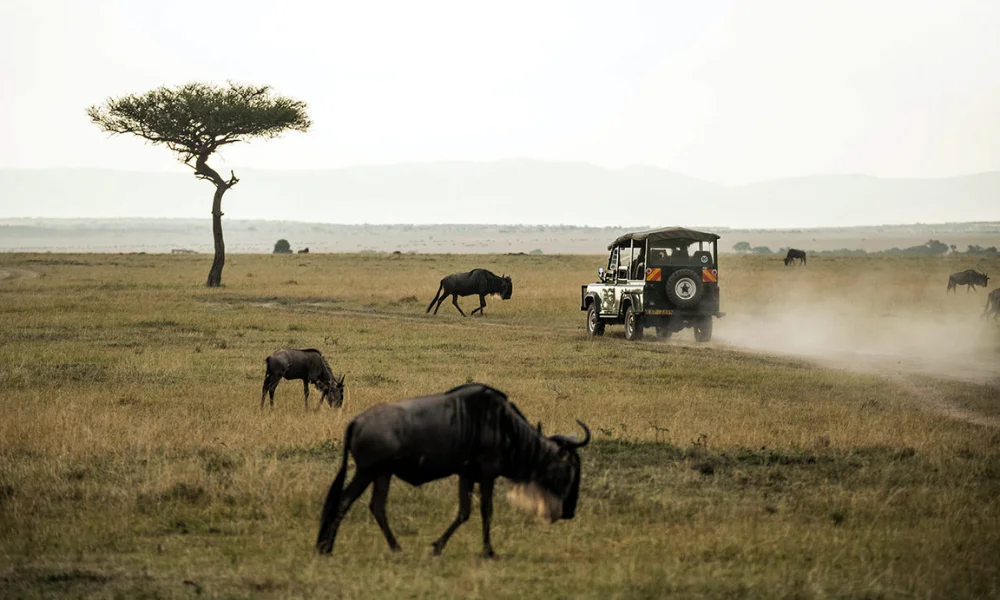
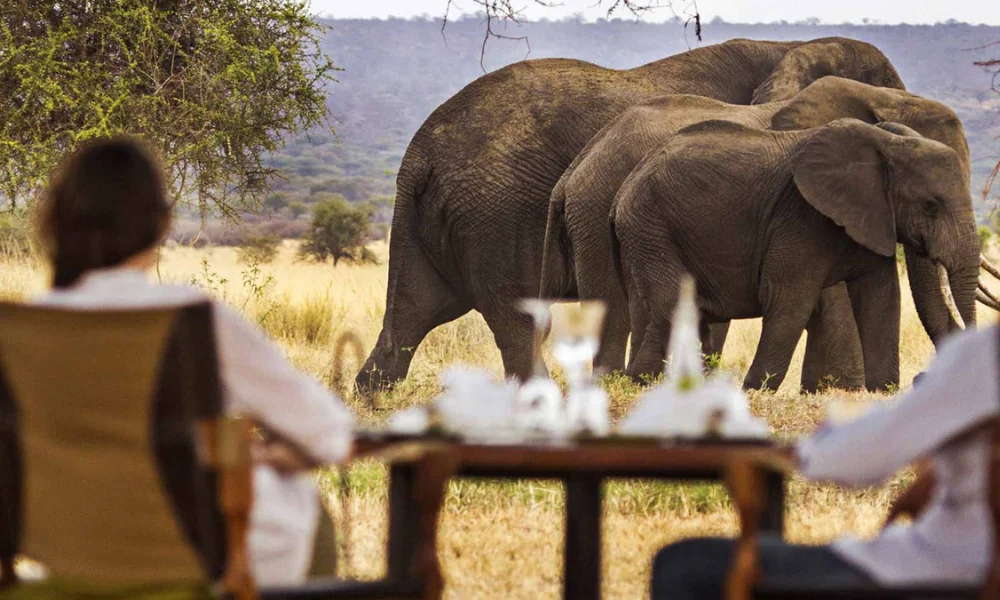
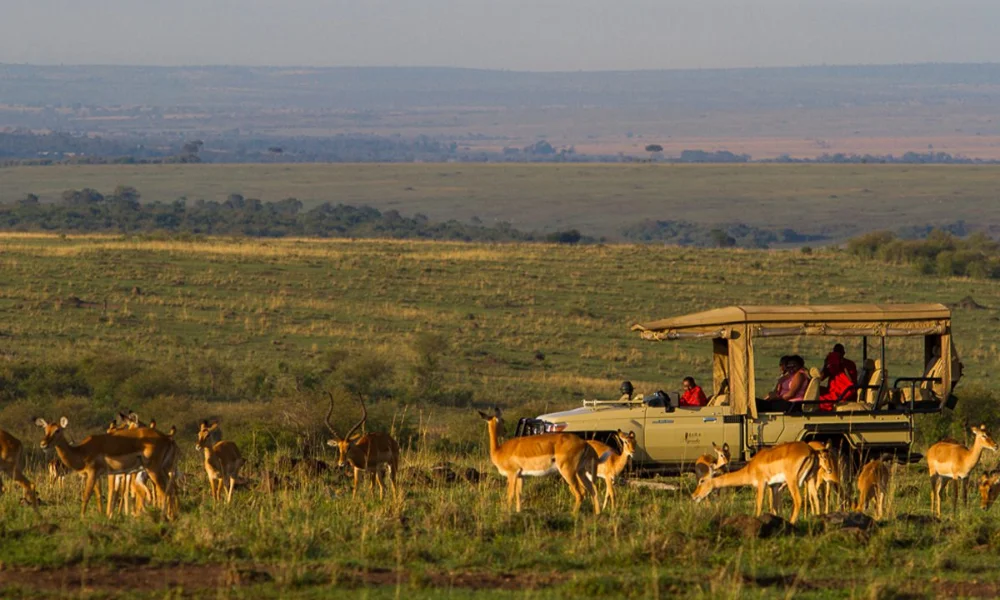
Detailed Factors Influencing Safari Costs
Explore the wilds of Tanzania with a clear budget in mind—know what you’re paying for and why.
The Cost Of A Safari In Tanzania is subject to a variety of factors that can significantly alter the total expense:
- Seasonal Pricing – Travelling during the high season (June to September and mid-December to mid-January) often means higher costs due to increased demand. Conversely, the rainy season (March to May) sees a drop in prices due to less favourable weather conditions, offering a budget-friendly option for those willing to face more unpredictable elements.
- Accommodation Options – The type of lodging you choose has a substantial impact on your safari budget. Prices range from about $200 per day for basic camping facilities to over $500 per day for high-end luxury lodges. Each accommodation type offers different amenities and experiences, from the rustic charm of a campsite to the refined comfort of a lodge.
- Length of Stay – The duration of your safari also affects the cost. Opting for a longer stay can reduce the average daily cost as expenses like transportation and guide fees are spread out over more days. This often makes extended safaris more economical on a per-day basis.
- Park Fees – Entry fees to Tanzania’s national parks are typically charged daily and remain constant, but the more parks you visit, the higher your total cost will be. These fees contribute to conservation efforts and maintenance of park facilities.
- Mode of Transportation – Your choice between driving and flying to and between parks can also impact the cost. While driving may offer a more in-depth experience of the landscape, flying is faster but typically more expensive.
- Group Dynamics – The size of your travel group can influence the cost per person. Larger groups often enjoy reduced rates as many expenses are shared, making this an attractive option for budget-conscious travellers.
Understanding Additional Safari Expenses
When planning your Tanzania safari, it’s important to account for several additional costs that can affect your budget:
- International Travel Costs – Airfare is often the most substantial extra expense. Flying into Nairobi and then connecting to Tanzania is sometimes cheaper than direct flights to Tanzanian airports. Timing your flights for the off-peak season can also help reduce costs.
- Visa Requirements – Visa costs vary by nationality, with most visitors paying around $50. However, U.S. citizens require a multiple-entry visa costing $100, due to different bilateral agreements.
- Health Precautions – Ensuring you have the required vaccinations, such as yellow fever, is essential. Malaria prophylaxis is also highly recommended to safeguard your health during the trip.
- Gratuities – Tipping is a customary practice in Tanzania for service providers, including safari guides, drivers, and lodge staff. An average of $15 per person per day is a common guideline, but this can vary based on the level of service.
- Travel Insurance – Investing in comprehensive travel insurance is crucial, especially if your safari includes activities like trekking at altitude. Ensure your policy covers specific safari activities to avoid any potential financial setbacks.
- Special Activities – Adding unique experiences like hot-air balloon rides over the Serengeti or climbing Mt. Kilimanjaro can significantly increase your safari budget. These activities offer unforgettable memories but come at a higher cost.
By considering these detailed factors and additional expenses, you can better prepare and budget for a fulfilling Tanzania safari experience, tailored to your preferences and financial considerations.
Key Points on Managing Safari Costs
Luggage
Pack lightly to avoid excess baggage fees on smaller internal flights.
Health
Include health precautions like vaccinations and malaria pills in your budget.
Local Travel
Opting for group tours can reduce transportation costs.
Dining
Eating at local spots as opposed to lodges can save money.
Souvenirs
Budget for keepsakes and gifts, which are often pricier at tourist spots.
Currency
Have local currency on hand for small expenses and tips.


